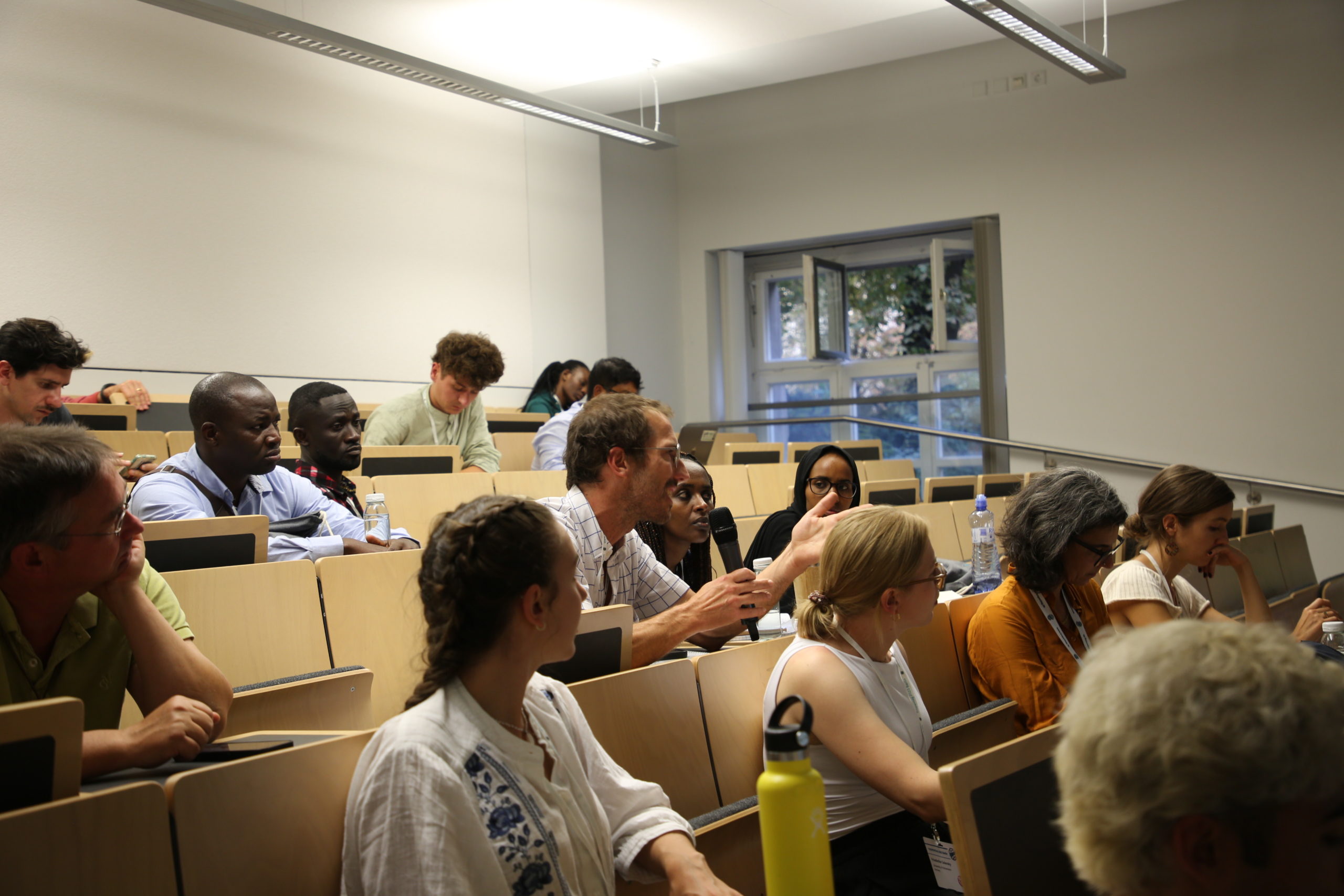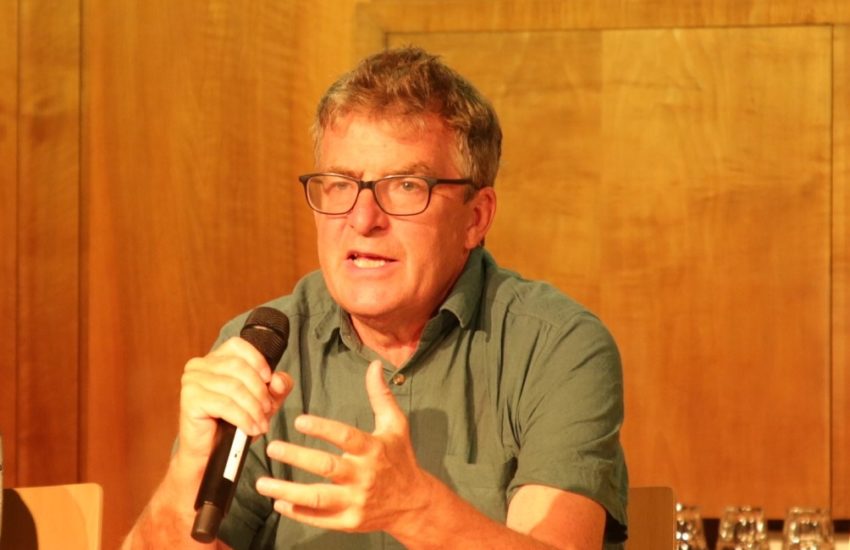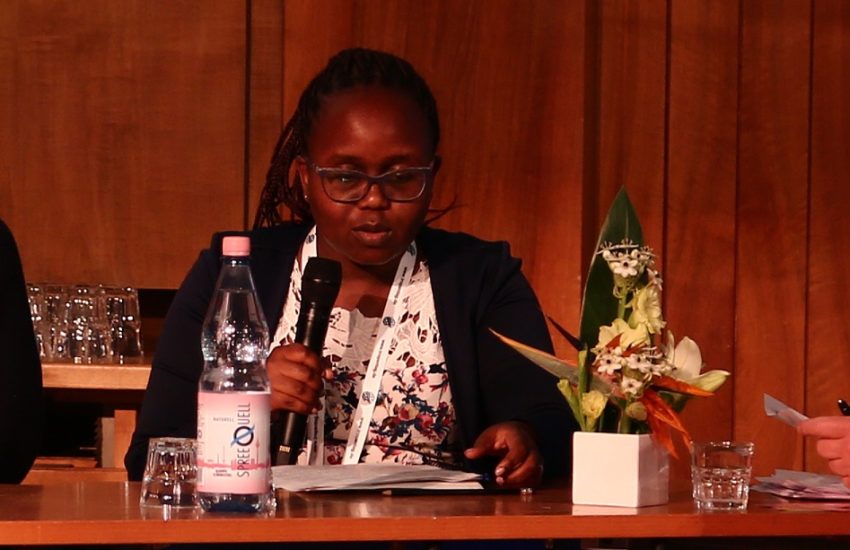Strengthening Resilience: The Power of Collectivity in Pastoral Food Systems
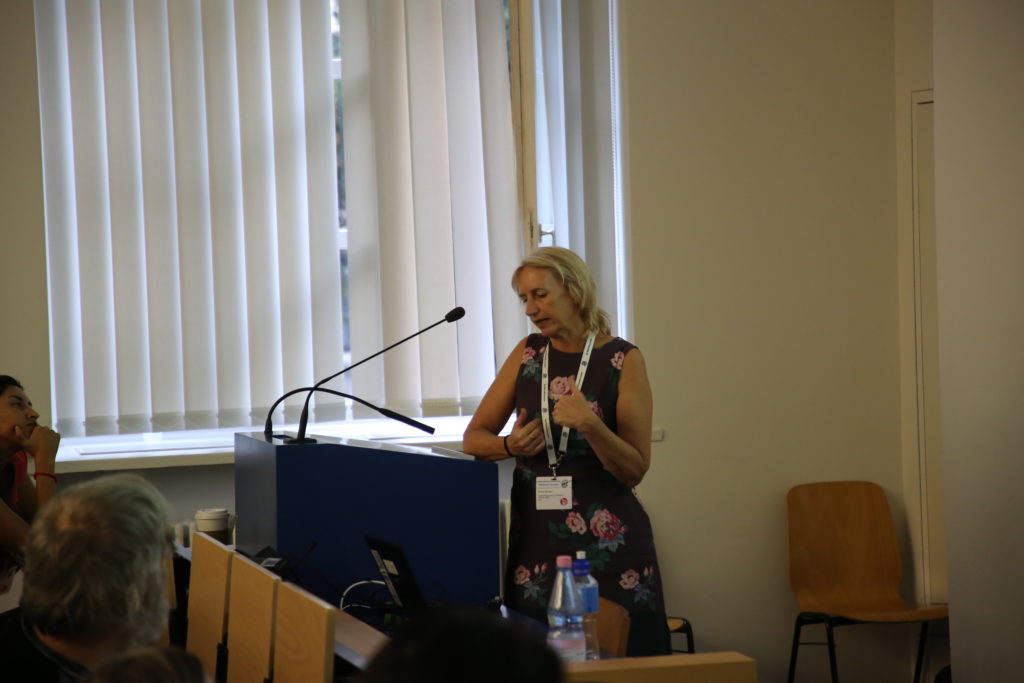
In a rapidly changing world, the resilience of pastoral food systems in East Africa faces a multitude of challenges. From land tenure insecurity to the impact of climate change, these systems are under pressure to become more organized and productive. But amidst these challenges lies a crucial element: collectivity. Fiona Flintan and Kelvin Shikoku from the International Livestock Research Institute, Italy present their insights on “Collectivity” for transformative pastoral food systems at Tropentag 2023.
Collectivity within pastoral communities goes beyond social connections; it involves being well-connected both socially and geographically to share resources and support one another. Recent empirical evidence from Ethiopia highlights the significance of this concept. A survey of 1,983 households revealed that those who received and redistributed food aid within their social networks were better equipped to withstand drought, spreading the risk across the group.
However, most development and humanitarian efforts have historically focused on individuals or households, inadvertently promoting individualism and resource privatisation. This has eroded the strength of the collective and its long-term benefits for community members.
To transform pastoral food systems into more organised and productive ones, a paradigm shift is essential. Development and humanitarian organisations must refocus their interventions on strengthening the collective group while simultaneously ensuring wealth redistribution to support the most vulnerable members.
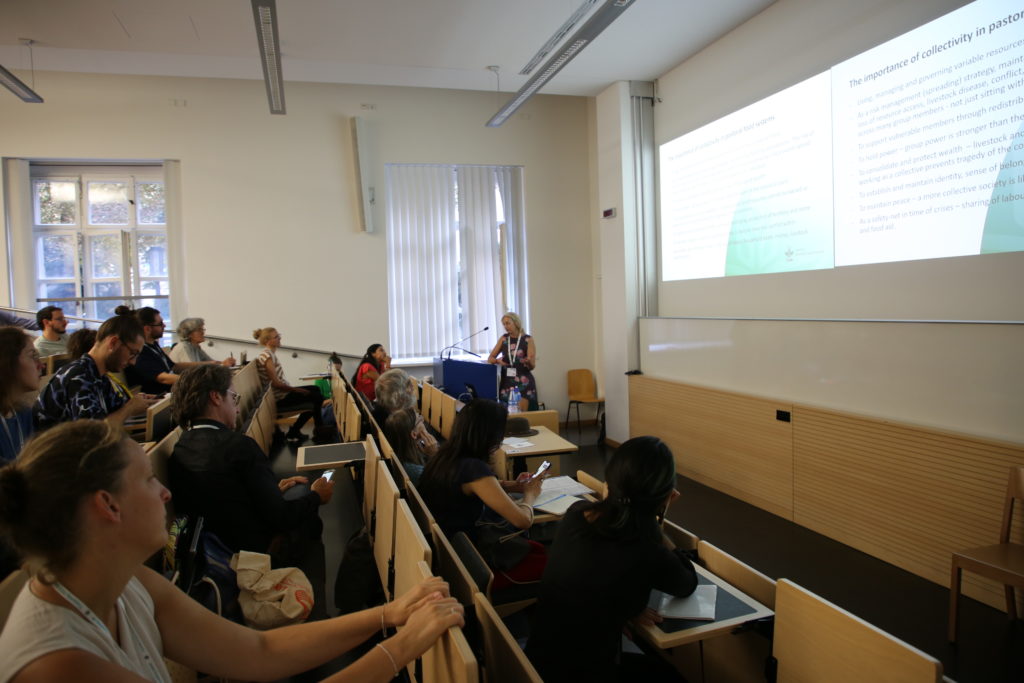
One promising approach involves land use planning and rangeland management, which emphasize resource sharing and group empowerment. These strategies can help pastoral communities thrive collectively and individually.
The research also delves into the role of connectivity in building resilience within pastoral systems. By understanding the characteristics that contribute to resilience, such as connectivity, we can develop better measurement tools and interventions.
To further explore this, the researchers plan to revisit the same households in East Africa that experienced drought in 2017-2018. This follow-up study aims to assess the strength of the collective over time and its impact on resilience.
Additionally, the research extends its scope to examine farmer-herder conflicts, political economies, and the role of collectivity in these complex dynamics. These case studies will shed light on the intricate relationships between food systems, conflict, and the collective.
Moreover, the research touches upon collective land tenure systems and their significance for pastoralists. The goal is to identify indicators that can contribute to global efforts like the Sustainable Development Goals, as current land indicators often neglect collective security.
Collectivity is not just a concept but a practical tool for promoting equality and productivity within pastoral communities. It forms the backbone of various studies exploring its impact on productivity, social equity, and community conversations.
In a world grappling with the challenges of food security, resilience, and equality, collectivity emerges as a compelling solution. As we move forward, this research provides valuable insights that can shape more effective policies and interventions for pastoral food systems, ensuring a brighter and more sustainable future for these communities.
In conclusion, collectivity is the thread that weaves together resilience, equity, and productivity in pastoral food systems, and its importance cannot be overstated.

